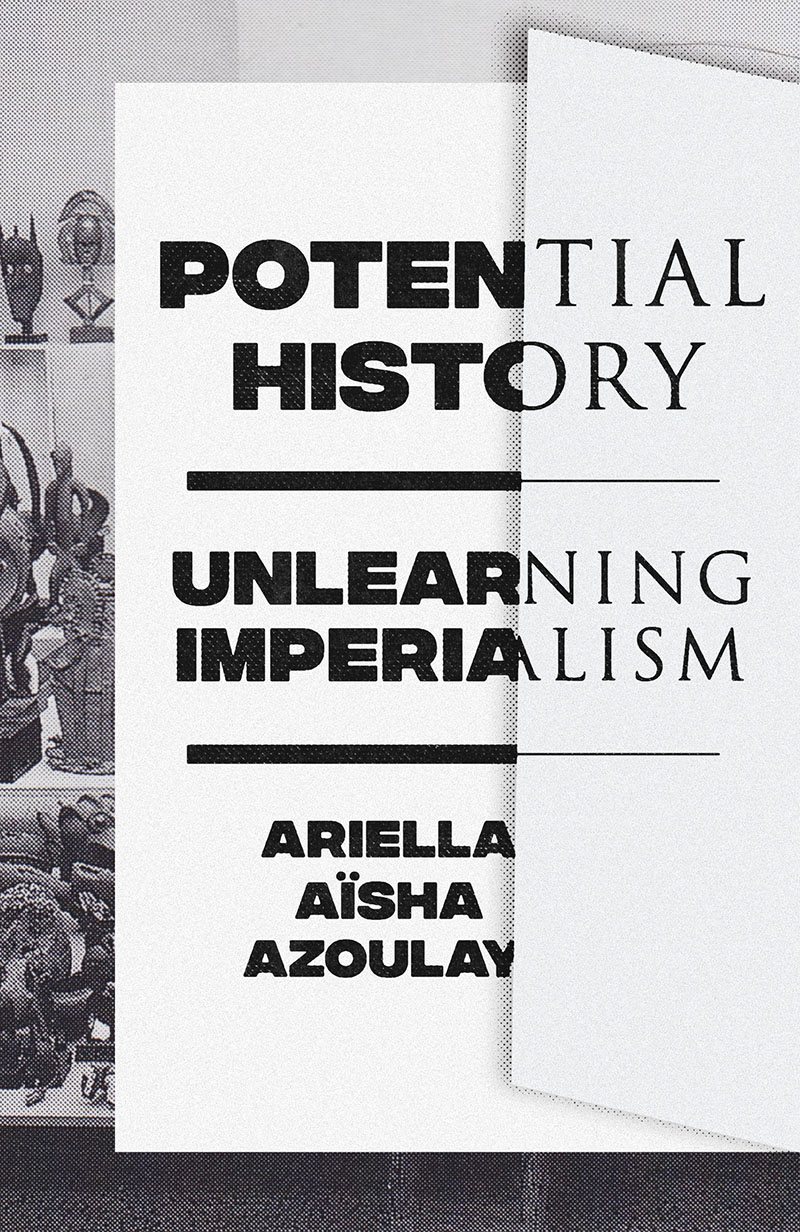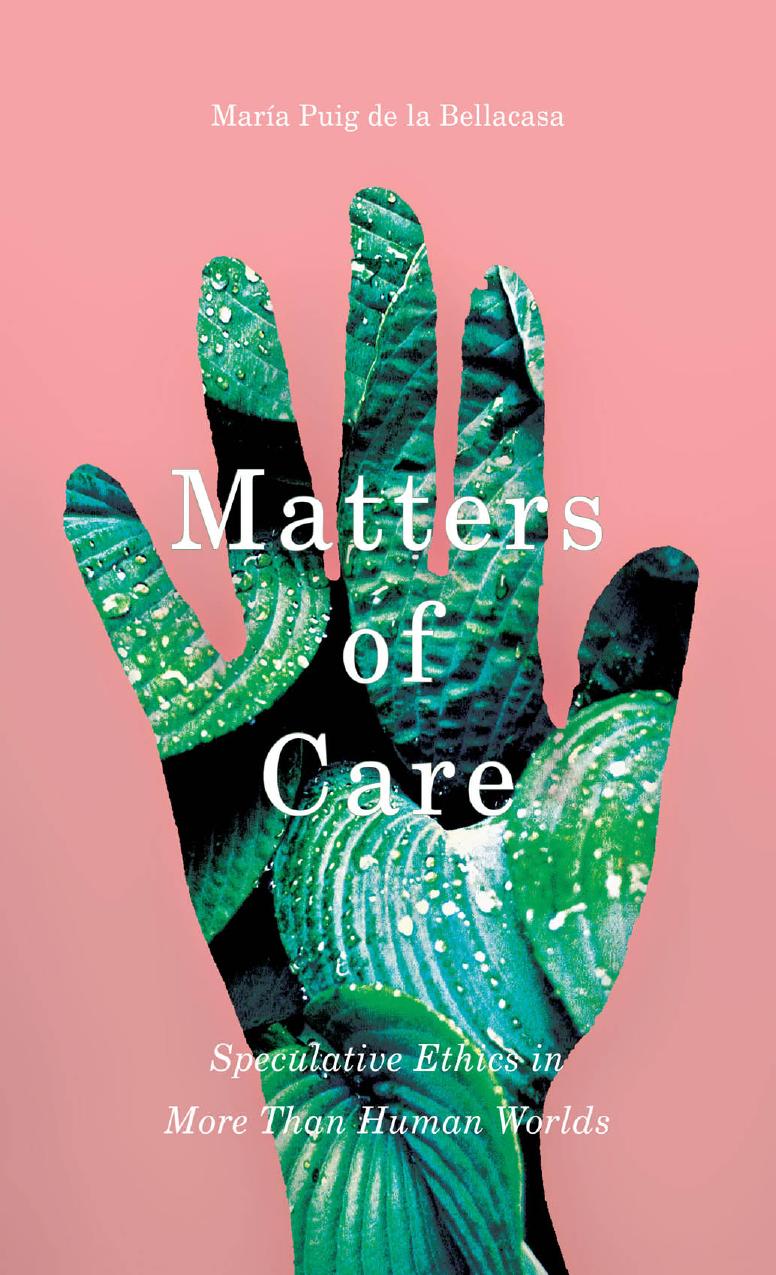Precarity Lab: Technoprecarious (2020)
Filed under book | Tags: · care, class, gig economy, labour, precarity, technology, work

“An analysis that traces the role of digital technology in multiplying precarity.
Technoprecarious advances a new analytic for tracing how precarity unfolds across disparate geographical sites and cultural practices in the digital age. Digital technologies—whether apps like Uber, built on flexible labor, or platforms like Airbnb that shift accountability to users—have assisted in consolidating the wealth and influence of a small number of players. These platforms have also exacerbated increasingly insecure conditions of work and life for racial, ethnic, and sexual minorities; women; indigenous people; migrants; and peoples in the global south. At the same time, precarity has become increasingly generalized, expanding to include even the creative class and digital producers themselves.
This collaboratively authored multigraph analyzes the role of digital technology in multiplying precarity. The authors use the term precarity to characterize those populations disproportionately affected by the forms of inequality and insecurity that digital technologies have generated despite the new affordances and possibilities they offer. The book maps a broad range of digital precarity—from the placement of Palestinian Internet cables to the manufacture of electronics by Navajo women and from the production and deployment of drones on the U.S.–Mexico border to the technocultural productions of Chinese makers. This project contributes to, and helps bridge, ongoing debates on precarity and digital networks in the fields of critical computing, postcolonial studies, visual culture, and information sciences.”
Publisher Goldsmiths Press, London, November 2020
Creative Commons BY-NC-ND 4.0 International License
ISBN 9781912685981, 1912685981
xi+113 pages
Ariella Aïsha Azoulay: Potential History: Unlearning Imperialism (2019)
Filed under book | Tags: · archive, art, care, colonialism, commons, history, human rights, imperialism, israel, museum, palestine, photography, politics, sovereignty, strike, theory, violence, world

“A passionately urgent call for all of us to unlearn imperialism and repair the violent world we share
In this theoretical tour-de-force, renowned scholar Ariella Aïsha Azoulay calls on us to recognize the imperial foundations of knowledge and to refuse its strictures and its many violences.
Azoulay argues that the institutions that make our world, from archives and museums to ideas of sovereignty and human rights to history itself, are all dependent on imperial modes of thinking. Imperialism has segmented populations into differentially governed groups, continually emphasized the possibility of progress while it tries to destroy what came before, and voraciously seeks out the new by sealing the past away in dusty archival boxes and the glass vitrines of museums.
By practicing what she calls potential history, Azoulay argues that we can still refuse the original imperial violence that shattered communities, lives, and worlds, from native peoples in the Americas at the moment of conquest to the Congo ruled by Belgium’s brutal King Léopold II, from dispossessed Palestinians in 1948 to displaced refugees in our own day. In Potential History, Azoulay travels alongside historical companions—an old Palestinian man who refused to leave his village in 1948, an anonymous woman in war-ravaged Berlin, looted objects and documents torn from their worlds and now housed in archives and museums—to chart the ways imperialism has sought to order time, space, and politics.
Rather than looking for a new future, Azoulay calls upon us to rewind history and unlearn our imperial rights, to continue to refuse imperial violence by making present what was invented as ‘past’ and making the repair of torn worlds the substance of politics.”
Publisher Verso Books, London, 2019
ISBN 9781788735711, 1788735714
656 pages
Interviews with author: Jadaliyya (2019), Brad Evans (LA Review of Books, 2020), Sabrina Alli (Guernica, 2020).
Reviews: Ian Wallace (Artforum, 2020), Guy Mannes-Abbott (Third Text, 2020), Louis Rogers (review31, 2020), Stephen Sheehi (Hyperallergic, 2020), Luke Urbain (InVisible Culture, 2020), Lunettes Rouges (Le Monde blog, 2020, FR, part 2), Sascha Crasnow (Field, 2022).
Roundtable: Gil Hochberg, Zoé Samudzi, Joshua Simon, Robert Yerachmiel Sniderman (Protocols, 2020).
HTML (added on 2020-2-2)
EPUB (15 MB)
María Puig de la Bellacasa: Matters of Care: Speculative Ethics in More than Human Worlds (2017)
Filed under book | Tags: · agency, biopolitics, care, ecology, ethics, feminism, knowledge, naturecultures, object, politics, soil, technoscience, touch

“To care can feel good, or it can feel bad. It can do good, it can oppress. But what is care? A moral obligation? A burden? A joy? Is it only human? In Matters of Care, María Puig de la Bellacasa presents a powerful challenge to conventional notions of care, exploring its significance as an ethical and political obligation for thinking in the more than human worlds of technoscience and naturecultures.
Matters of Care contests the view that care is something only humans do, and argues for extending to non-humans the consideration of agencies and communities that make the living web of care by considering how care circulates in the natural world. The first of the book’s two parts, “Knowledge Politics,” defines the motivations for expanding the ethico-political meanings of care, focusing on discussions in science and technology that engage with sociotechnical assemblages and objects as lively, politically charged “things.” The second part, “Speculative Ethics in Antiecological Times,” considers everyday ecologies of sustaining and perpetuating life for their potential to transform our entrenched relations to natural worlds as “resources.”
From the ethics and politics of care to experiential research on care to feminist science and technology studies, Matters of Care is a singular contribution to an emerging interdisciplinary debate that expands agency beyond the human to ask how our understandings of care must shift if we broaden the world.”
Publisher University of Minnesota Press, Minneapolis, 2017
Posthumanities series, 41
ISBN 9781517900656, 1517900654
265 pages
Reviews: Miriam Ticktin & Katinka Wijsman (Hypatia, 2017), Sonja Jerak-Zuiderent (Science & Technology Studies, 2017), James McMaster (Women & Performance, 2017), Kelly Dombroski (Journal of Cultural Economy, 2018), Stephen Healy (Journal of Cultural Economy, 2018), Elizabeth Reddy (Journal of Cultural Economy, 2018), Gerda Roelvink (Journal of Cultural Economy, 2018), Maria Puig de la Bellacasa (response, Journal of Cultural Economy, 2018), Katie Ulrich (Cultures of Energy, 2018), Garrett Bunyak (Configurations, 2018), Sarah Weiger (ISLE, 2019), Farhan Samanani (Society+Space, 2019), Richard Brons (Ethics of Care, 2019).
Commentary: Michelle Murphy (Social Studies of Science, 2015).
Interview with author (Cultures of Energy, 2018, 70 min)
Comment (0)
